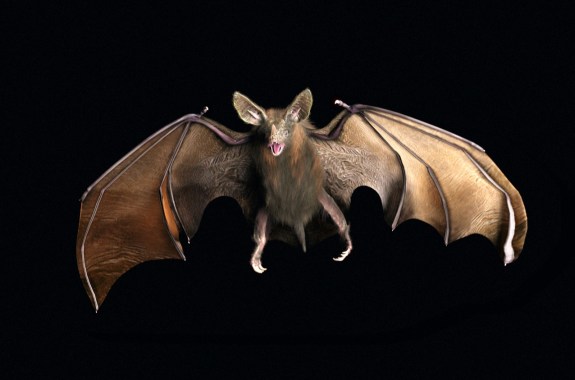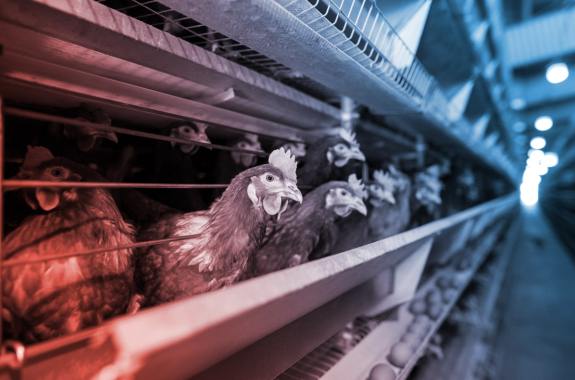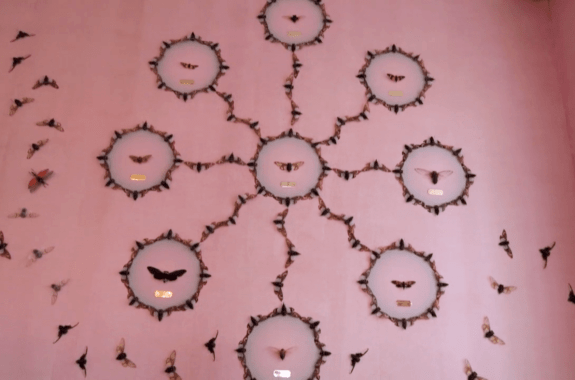John works with the radio team to create our weekly show, and is helping to build our State of Science Reporting Network. He’s also been a long-time guest host on Science Friday.
He and his wife have three cats, thousands of bees, and a yoga studio in the sleepy Northwest hills of Connecticut.
John likes building radio collaborations. He helped bring together 18 stations across the Northeast to cover environmental issues, which eventually led to the New England News Collaborative, worked with NPR on their Collaborative Coverage Project, and with the national talk program America Amplified.
For 25 years, John oversaw news programming at WNPR, where he started the daily talk show, Where We Live. He’s also produced award-winning long-form documentaries on mental health and care for the elderly, and hundreds of short stories for NPR and public radio stations, including one about virtual reality in dentistry that’s actually pretty embarrassing to listen to now.
You can also see him doing live events for The Connecticut Mirror, The Connecticut Forum, and The International Festival of Arts & Ideas.
John grew up in Pittsburgh, and is as big a Mr. Rogers fan as you’ll find anywhere.
12:21
Building The World’s Largest Animal Crossing Outside of LA
An engineering feat will soon reconnect habitats cut off from each other by Highway 101 for 75 years.
17:12
Indigenous Knowledge Is Central To Climate Solutions
Indigenous scientist and author Jessica Hernandez on what it might mean to heal—rather than conserve—endangered landscapes.
8:15
An Oregon Lithium Deposit Could Help Power Clean Energy Tech
As the U.S. divests from Russian energy sources, it looks towards sites like a lithium deposit in Oregon. But mining it might take awhile.
17:15
One Last Martian Love Fest
Where did the Martian magnetic field go? Can we drill for water at its poles? Your Red Planet questions answered with ‘The Sirens of Mars’ author Sarah Stewart Johnson.
12:18
How Vampire Bats Evolved To Drink Blood
How losing genes allowed vampire bats to gain bloodsucking superpowers.
12:14
How Has The War In Ukraine Shaped The Global Energy Market?
Some countries have shifted to using more coal in the short term. But, there’s still hope of a clean energy transformation in the future.
6:03
Millions Of Iowa Chickens Infected With Deadly Strain Of Bird Flu
It’s too early to tell how this will compare to 2015’s disastrous outbreak.
16:42
Over 5,000 Exoplanets Have Now Been Discovered
This week, the NASA Exoplanet Archive logged the 5,000th confirmed planet outside of our solar system.
17:13
Difficult Brain Science Brings Difficult Ethical Questions
As our ability to interpret and manipulate the human brain improves, the need for ethical controls grows as well.
17:13
The Brief And Wondrous Lives Of Cicadas
How art that uses thousands of cicadas is drawing in the insect-shy. An artist and an entomologist use art to foster insect appreciation.









